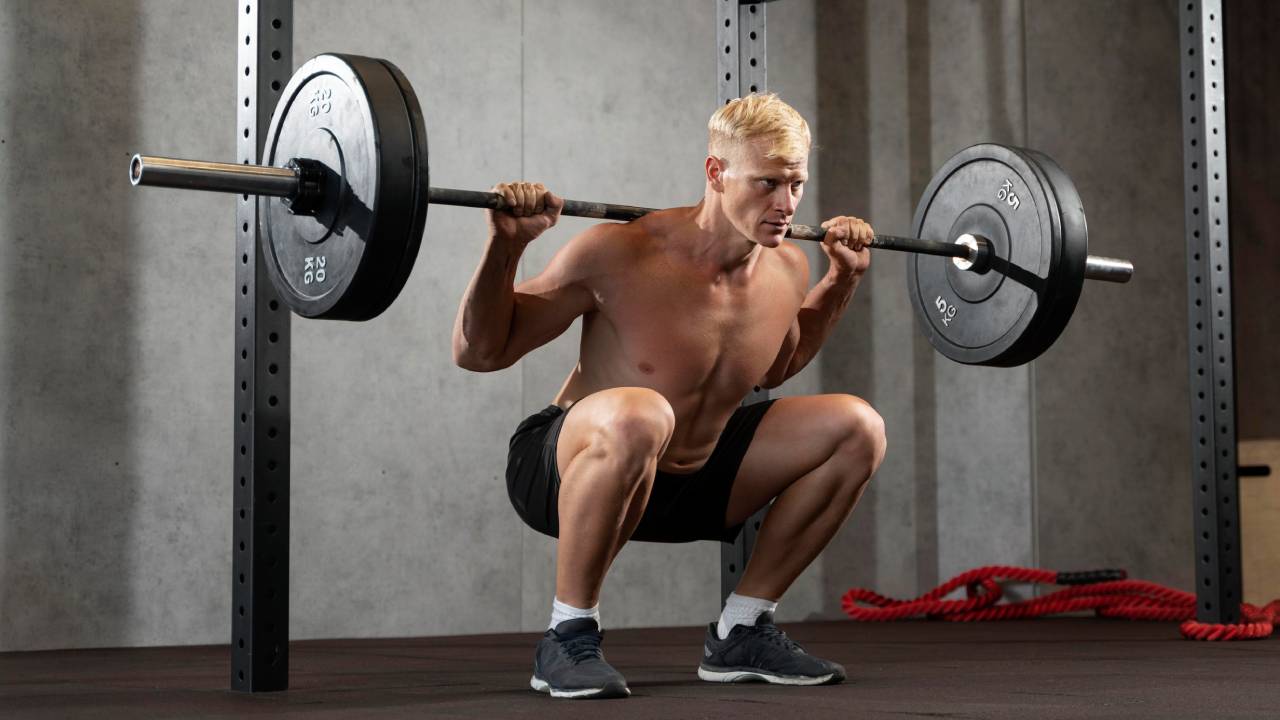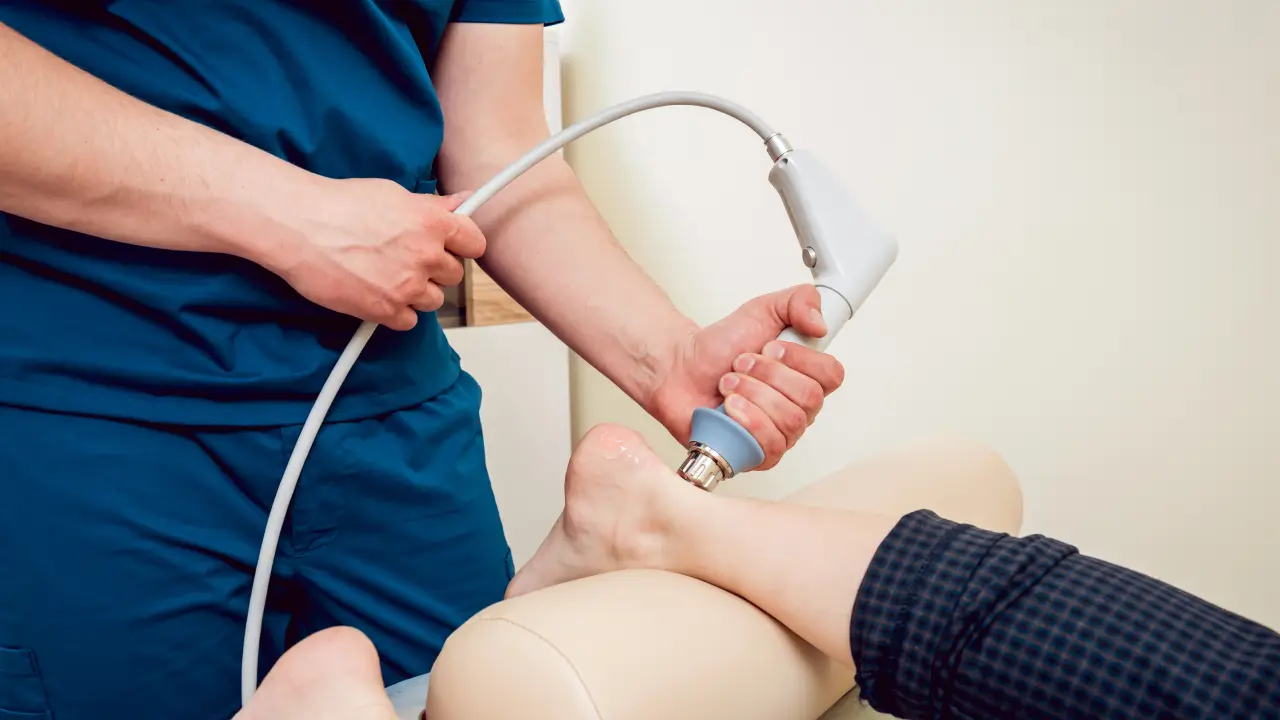9 Practical Benefits of Massage Therapy You Should Know

New to Weight Training? Common Mistakes That May Lead You to Physiotherapy
Starting Your Weight Training Journey
Beginning a weight-training routine is an exciting step toward improving physical health, Mobility, and strength. Whether you’re lifting to build muscle, manage weight, or improve Posture, this form of training can be highly effective when done correctly.
However, for many first-timers, the initial enthusiasm can quickly turn into frustration if injuries occur. Muscle strains, joint issues, or postural problems often creep in unnoticed until they begin to interfere with everyday life. This is when many individuals seek physiotherapy to address discomfort and restore function.
The Link Between Weight Training and Injury
It’s common for beginners to assume injuries only happen when lifting heavy weights. In reality, most issues arise from how exercises are performed, not how much is lifted. Poor technique, lack of Mobility work, or skipping recovery periods are all contributors to injury risk — especially for those who are just starting.
Weight-training injuries can manifest in various ways: sharp knee pain after squats, lower back stiffness following deadlifts, or nagging shoulder discomfort from overhead presses. These injuries don’t just affect your time in the gym — they can interfere with work, sleep, and daily activity. Early intervention through physiotherapy helps identify the source of these issues and guides your body back to balance.
Avoiding the Mistakes That Lead to Injuries
Below are the most common mistakes made by newcomers to weight training — and how to avoid becoming one of the many who end up needing physiotherapy as a result.
1. Skipping the Warm-Up
Jumping into a heavy lift without preparing the body is like sprinting without tying your shoes — it’s asking for trouble. A proper warm-up increases blood flow and primes your muscles and joints for the work ahead. Without it, tension builds, and Mobility suffers.
2. Prioritizing Weight Over Form
It’s tempting to start with heavier weights, but this can hinder long-term progress. Beginners often compromise form for numbers, which increases their risk of injuries, such as muscle tears or disc strain. Technique should always come before load.
3. Ignoring Postural Alignment
Exercises like squats or rows require specific spinal positioning. Poor alignment under load can gradually wear down structures like discs, ligaments, or tendons. Many cases of chronic back or shoulder pain seen in physiotherapy clinics stem from minor, repeated postural faults.
4. Underestimating Recovery Time
Muscles don’t grow in the gym — they grow during rest. Skipping rest days or training through fatigue leads to overuse injuries. Tendon pain, joint inflammation, and persistent stiffness are all signs of overtraining without adequate recovery.
5. Not Balancing Muscle Groups
Training only the muscles you can see in the mirror (like chest and biceps) creates imbalances. These imbalances can cause joints to become misaligned, thereby affecting movement patterns. Balanced programming, including core, back, and hip stabilizers, reduces injury risk.
6. Copying Others Without Proper Instruction
What works for an experienced lifter may not work for a beginner. Mimicking someone’s routine without understanding how it suits your body can lead to poor habits. If pain develops, physiotherapy can assess and correct those movement issues before they escalate.
7. Pushing Through Pain Signals
There’s a difference between effort and pain. Sharp, shooting, or lingering pain is your body’s way of signalling a problem. Continuing to train through it often leads to worsened outcomes — such as joint damage or chronic inflammation.
The Role of Physiotherapy
Physiotherapy isn’t just for post-surgery rehab or sports injuries. Many clients attending physiotherapy are everyday individuals who began training without proper guidance and now face movement limitations or discomfort. Physiotherapists assess your movement patterns, identify weaknesses, and build corrective strategies so you can return to lifting with Confidence.
Whether you’re dealing with shoulder impingement from bench pressing, lower back strain from squats, or wrist pain from improper bar positioning, tailored support can restore balance and prevent recurrence.
Moving Forward
Weight training is one of the most beneficial ways to improve strength, resilience, and health. But starting on the right foot matters. If you’re already noticing aches or stiffness, don’t wait for things to worsen. Seeking advice from a movement professional early can prevent setbacks and help you train smarter.
For those needing help recovering from lifting-related issues or aiming to build a solid foundation, Greenhill Physiotherapy offers practical guidance and care designed around your goals and physical needs.



